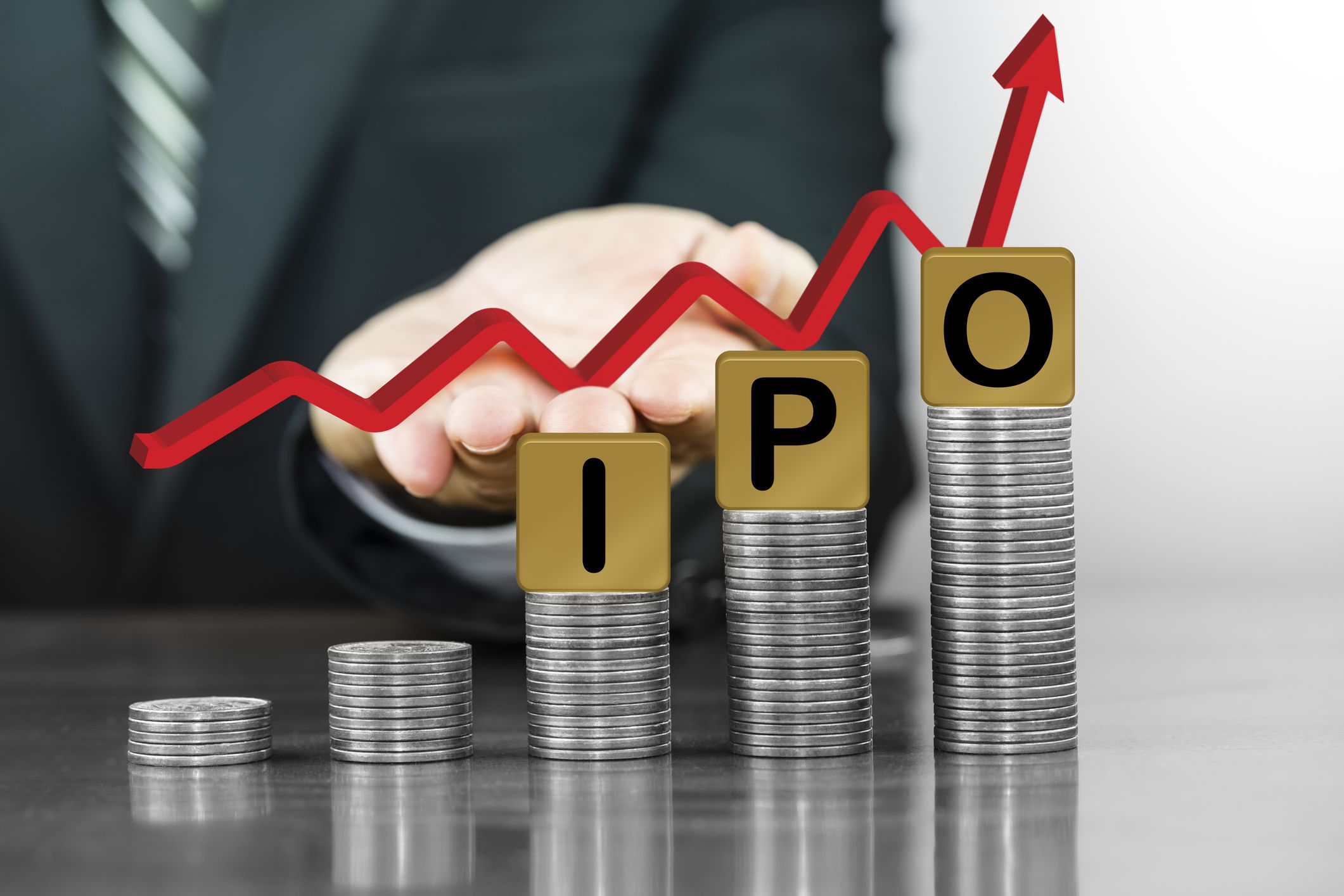Your Guide To Buying IPO Stock
In an initial public offering (IPO), a private company “goes public,” making its stock available to investors to buy on a stock exchange or over-the-counter market. IPO stock can be a valuable investment, but sometimes investors lose a lot of money. Learn about the benefits and downsides of investing in IPO stock and how to evaluate your investment.
What Is an Initial Public Offering (IPO)?
A private company that offers its shares of stocks to the general public is said to be making an initial public offering. To prepare for an IPO, the company will register with the U.S Securities and Exchange Commission (SEC), file important paperwork, and typically list on a major exchange. To invest in an IPO, individual investors can purchase shares as they become available on the public market.
The Benefits of Buying IPO Stock
Buying IPO stock can be appealing . A block of common stock bought during an initial public offering has the potential to deliver huge capital gains decades down the line. Even just the annual dividend income of a highly successful company can exceed the original investment amount, given a few decades time.
Your investment provides capital to the economy, enabling companies that provide real goods and services to grow and expand. Learning how to buy IPO stock can lead to very attractive results when conditions are right.
The Downsides of IPO Investing
Dealing with volatile price fluctuations is the biggest downside for the IPO investors. It can be hard to stay invested when the value of your shares plummets. Many stockholders don’t stay calm when prices tumble. Rather than valuing the business and buying accordingly, they look to the market to inform them. However, in doing so, they fail to understand the difference between intrinsic value and price.
How To Evaluate Buying an IPO Stock
If you’ve decided on buying IPO stock, be sure to consider the strengths of the business itself. Ask yourself a few key questions:
If this business does not grow at a high enough rate to justify its price, what is the likely reason?
What are the probabilities of those failures occurring?
What are the competitive moats that protect the business?
Are there patents, trademarks, key executives, or some other unique factor protecting it?
What is stopping some other firm from coming in and destroying the attractive economics?
Consider also your personal level of comfort with the business and how it is run:
Would you be comfortable owning this business if the stock market were to close for the next five, 10, or 25 years?
In other words, is this business model and the company’s financial foundation sustainable?
Or is obsolescence as a result of technological advancement or lack of sufficient capital a possibility?
If the stock falls by 50% due to short-term problems in the business, will you be able to continue holding your shares without any emotional response?
Do your due diligence on the company and its prospects before plunking down capital. It may be difficult to do, as the company likely hasn’t made a good deal of financial information public to that point, but it’s crucial to your success



























